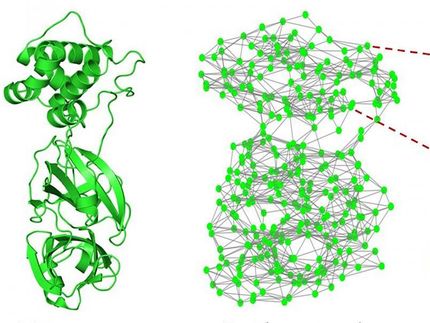Evotec Reports Start of Phase II Proof-of-Concept Quit Rate Study with EVT 302 and Results of Craving Study
Evotec AG announced the start of the Phase II proof-of-concept study, investigating the effect of EVT 302 on the quit rate of patients who want to stop smoking. The Company also provided an analysis of the results of its exploratory Phase II craving study of the same compound. EVT 302 is a reversible and highly selective inhibitor of monoamine oxidase B (MAO-B).
The completed double-blind, placebo controlled, cross-over craving study was designed to investigate the acute effect of EVT 302 alone and in combination with nicotine replacement therapy (NRT) on craving and withdrawal symptoms after short-term deprivation of cigarettes in 90 smokers. On the day before short-term abstinence from smoking, smokers received either a single dose of EVT 302 or placebo matching EVT 302. On the next day, at the start of the 12-hour smoking deprivation phase, the subjects received additionally either NRT or corresponding placebo (i.e. subjects received either placebo only, or NRT only, or EVT 302 only, or NRT plus EVT 302). This was an exploratory study to investigate a potential short-term role of MAO-B inhibition in improving signs of withdrawal, but was also intended to help the design of the Phase II proof-of-concept study, announced today, on the absolute quit rate, the endpoint of clinical and regulatory significance.
Results from the craving study confirmed that EVT 302 was well tolerated in all patients. As expected, NRT reduced craving during the period of abstinence more than placebo. EVT 302 alone showed no acute effect on craving compared to placebo, and there was no statistically significant difference between the combination of NRT and EVT 302 and NRT alone. Regarding other withdrawal symptoms, smoking cessation was associated with moderate deterioration in psychomotor function & attention. The amelioration of this deterioration by NRT was facilitated by EVT 302.
Other news from the department research and development

Get the life science industry in your inbox
By submitting this form you agree that LUMITOS AG will send you the newsletter(s) selected above by email. Your data will not be passed on to third parties. Your data will be stored and processed in accordance with our data protection regulations. LUMITOS may contact you by email for the purpose of advertising or market and opinion surveys. You can revoke your consent at any time without giving reasons to LUMITOS AG, Ernst-Augustin-Str. 2, 12489 Berlin, Germany or by e-mail at revoke@lumitos.com with effect for the future. In addition, each email contains a link to unsubscribe from the corresponding newsletter.



















































